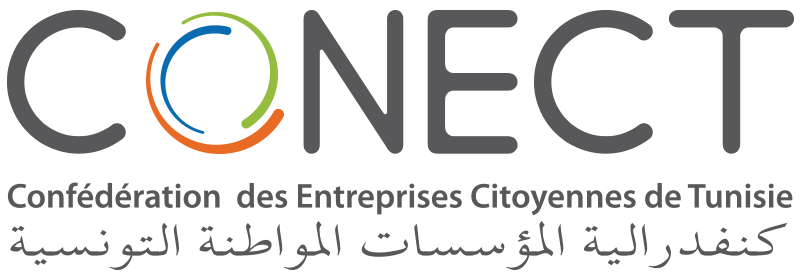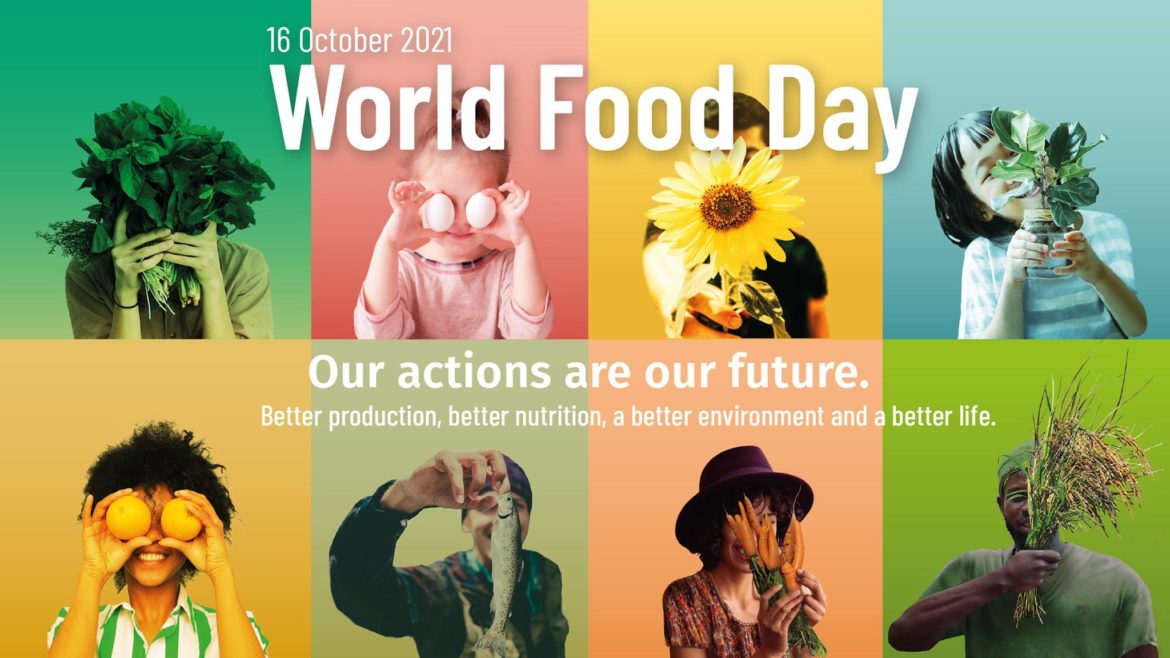Jebreel Haj Salah from Palestine, a nature enthusiast, has for long advocated the importance of green solutions in agriculture. What upsets him most is the problem of products expiring early. “It is not only costly but also generates a lot of food loss and waste.”, states one of the entrepreneurs behind Dreez.
According to the UNEP, food loss is valued at $400 billion every year, which is about the GDP of Austria. In fact, the greatest food loss usually happens in the initial stages of the food supply chain before it even reaches the consumer, “which is unacceptable”, argues Jebreel.
On the occasion of the World Food Day, which is celebrated every year on the 16th of October, GIMED has launched a micro campaign on their social media to highlight how entrepreneurs that the project is supporting across the Mediterranean are tackling several food environmental issues.
Alessandra Tranchina, from Italy, has claimed that priority must be understanding how can we safeguard the heritage of tradition, quality and biodiversity that we hold. “A good first starting point is at our table”, states the co-founder of Boniviri, an innovative start-up that sells high quality agri-food products guaranteeing the compensation of the CO2 emitted through reforestation projects.
“It’s so frustrating to think of how much food is wasted when so many people are hungry. With millions around the world suffering from hunger and billions not able to afford a healthy diet, I cannot help but think there must be something I could do to help.”, says Jebreel.
This is when he joined forces with Sondous Bsharat and Noura Omar, who are now his business partners. Together, the three visionaries worked hard and ultimately found a natural, effective, and innovative method to extend the shelf life of fresh produce without using chemical substances or preservatives, increasing the expiry date by 25 years.
On the other side of the Mediterranean sea, in Italy, Marco Giunta is working on upcycling the waste from beer production chains. “The fight against climate change also involves the upcycling of waste from agro-food supply chains, within evolved models of social and civil economy.”, says Giunta, the entrepreneur behind the social cooperative Ecos-MED.
Very close, Daniela Avanzato is developing a digital platform that offers food and delivery to local families thanks to Fa Bene project. “The purchases of a family can help to stop the unsustainably of the dominant models in the agri-food sector. », shares Avanzato.
How GIMED is supporting agro-food entrepreneurs?
Through GIMED workshops, entrepreneurs have been able to refine their project’s business model and improve their capability to access new funding options and explore new market opportunities. “The programme supported our marketing efforts and helped us better understand consumers’ needs in the local and international market”, says Jebreel.
GIMED Project, which is part of the European Union’s ENI CBC Med Programme, supports many other green entrepreneurs – like Jebreel, Soundous, Noura, Daniela, Alessandra and Marco– around 5 Mediterranean countries, including Italy, Tunisia, Egypt, Lebanon and Palestine. By nurturing innovation that protects the environment, we aim to stimulate the economy and at the same time ensure overall environmental sustainability.




